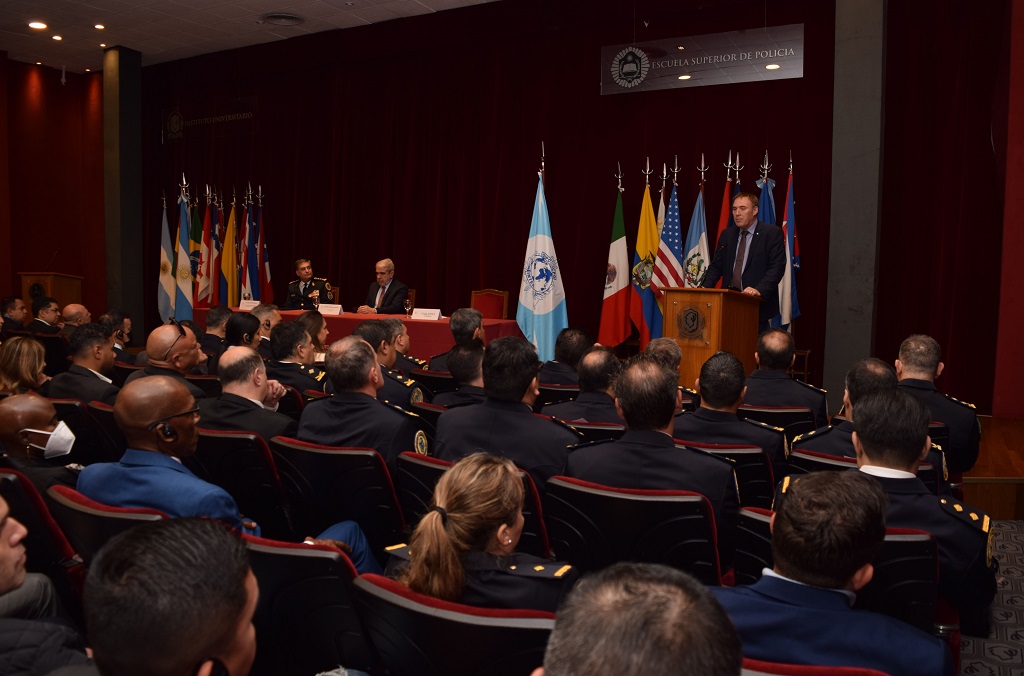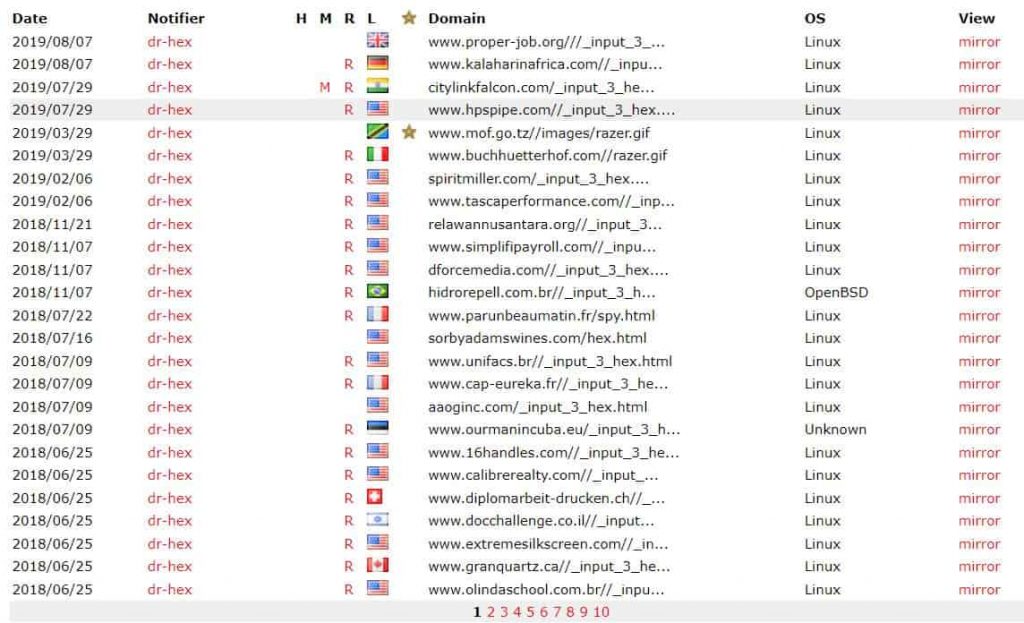INTERPOL Working Group highlights cyber threats across the Americas
Buenos Aires, Argentina – The evolving digital landscape in the Americas has increased the challenges and vulnerabilities regarding cybersecurity. Countries across the region now face cybercrime attacks ranging from Business Email Compromise and online scams to ransomware and money laundering.
Cybercrime Threat
Financially motivated groups have not only targeted organizations across Latin America, primarily with ransomware, but they have also broadened the scope of their operations. In the first half of 2020, Latin America for example recorded the world’s highest cyber-attack rates, with nearly three times more attacks via mobile browsers than the global average.
For example, Costa Rica became the victim of large-scale ransomware attacks initiated by a group called Conti in April 2022. Starting in the Costa Rican ministry of finance, the cyber-assault ultimately involved 27 different ministries in a series of interlinked attacks. Conti’s action left parts of Costa Rica’s digital infrastructure crippled for months, while at the same time disrupting public healthcare and the pay of some public sector workers.
One of Argentina’s largest internet service providers, Telecom Argentina also suffered a major ransomware attack involving around 18,000 computers in 2020. In this incident, hackers demanded a $7.5 million ransom, while employees were prevented from accessing databases and internal VPNs.
In this context, the 7th INTERPOL Americas Working Group on Cybercrime met from 12-16 September in Buenos Aires, Argentina to assess threats and trends across the region. The meeting brought together over 90 participants from 32 member countries, 4 international organizations and 13 public and private entities.







